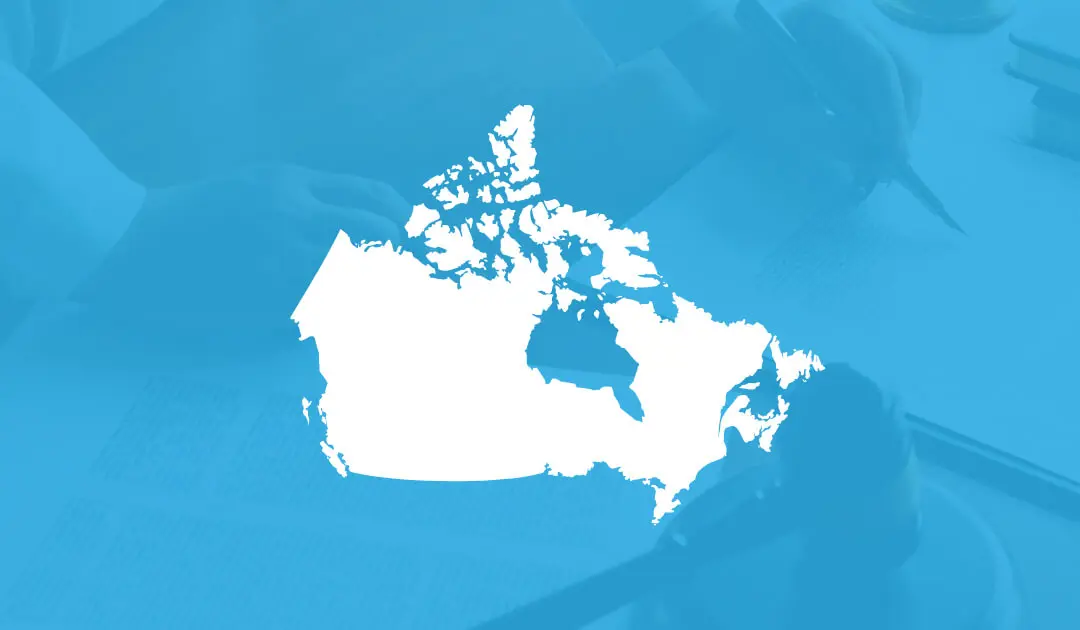- Home (US)
- Legislation
- Education
- British Columbia Ministry of Education Adopts Seclusion and Restraint, PBIS Guidelines
British Columbia Ministry of Education Adopts Seclusion and Restraint, PBIS Guidelines

On June 3, 2015, the British Columbia Ministry of Education adopted new guidelines for the adoption of procedures with respect to seclusion and restraint and PBIS. Key points include:
- The guidelines apply to independent schools and public schools.
- It is expected that boards of education/independent schools have in place physical restraint and seclusion procedures.
- The procedures are expected to only allow physical restraint and seclusion when the student is in imminent danger of causing harm to himself or others.
- It is recommended that all school personnel are provided regular opportunities for training in positive behavior interventions and supports and de-escalation techniques.
- Schools are strongly encouraged to include staff members who are trained in positive behavior intervention supports, conflict de-escalation, and crisis de-escalation techniques.
- The guidelines recommend that school personnel who work directly with students who potentially are a danger to themselves or others are trained in crisis intervention and the safe use of seclusion and restraint.
- An emergency or safety plan that confirms staff training is required when a student’s behavior could potentially cause harm to himself or others.
CPI Training Can Help You Comply With the Guidelines
Schools use our Nonviolent Crisis Intervention® training program because it focuses on prevention, de-escalation techniques, and other alternatives to restraint. Our training identifies underlying causes of student behaviors, and how staff and student behaviors affect each other. The program stresses evaluating risk of harm and signs of distress, documenting incidents, and safer, less restrictive physical interventions to be used only as a last resort. The program also includes positive behavior interventions and supports, as well as de-escalation techniques.
